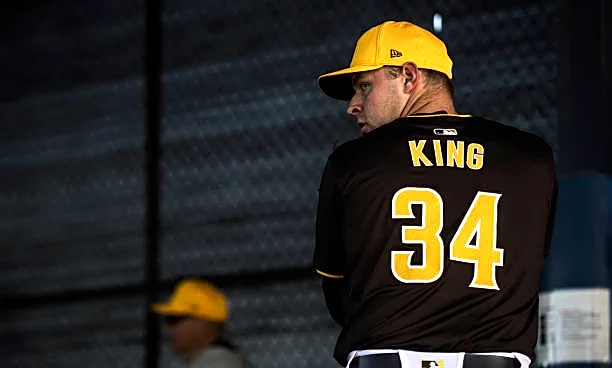What's Happening?
The United States is sending several dozen disaster relief workers, including urban search and rescue teams, to Caribbean nations affected by Hurricane Melissa. The deployment includes personnel from the
Disaster Assistance Response Team (DART) based in Washington, Miami, and Costa Rica, as well as search and rescue crews from Los Angeles County and Fairfax County, Virginia. These teams are expected to arrive within 24 to 48 hours to assist local staff in Jamaica, the Bahamas, and the Dominican Republic, with a focus on aiding neighboring Haiti. Hurricane Melissa has caused significant destruction and loss of life across Cuba, Haiti, and Jamaica. The U.S. response is anticipated to be robust and effective, despite the recent dismantling of the U.S. Agency for International Development, which previously managed such operations. The U.S. government shutdown has not impacted the deployment, as essential personnel have been exempted from furloughs.
Why It's Important?
The deployment of U.S. relief workers underscores the country's commitment to providing humanitarian aid in the wake of natural disasters. This action is crucial for the affected Caribbean nations, which are grappling with the aftermath of one of the strongest Atlantic hurricanes on record. The relief efforts are expected to address immediate needs such as hygiene kits, temporary housing, sanitation equipment, and food. The U.S. military's potential involvement in transporting supplies further highlights the scale of the response. This initiative not only aids the affected regions but also reinforces diplomatic ties and the U.S.'s role in international disaster relief. The presence of American citizens in these areas adds urgency to the relief efforts, ensuring their safety and facilitating their return once transportation infrastructure is restored.
What's Next?
The U.S. Southern Command is reviewing plans for military support to assist the disaster response teams. A situational assessment team may be deployed to evaluate conditions and determine the specific needs for effective humanitarian aid. Future decisions on U.S. support will depend on these assessments. Meanwhile, the Trump administration's military presence in the Caribbean, aimed at combating drug trafficking, remains unaffected by the hurricane. The State Department has no immediate plans to evacuate American citizens, expecting them to leave via commercial means once airports and ports reopen. The ongoing assessment and coordination efforts will shape the next steps in the U.S.'s response to this humanitarian crisis.











